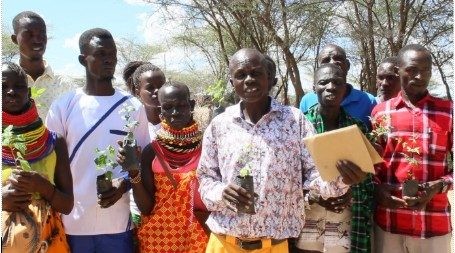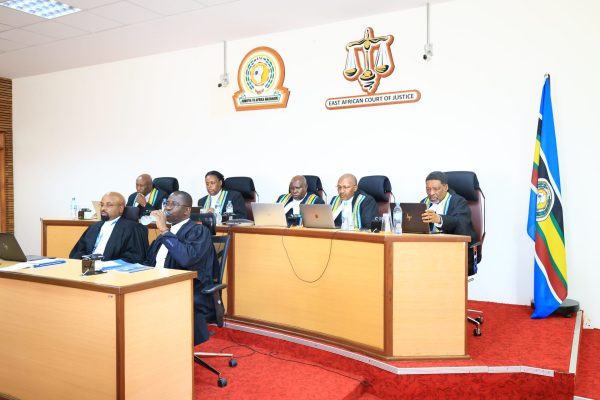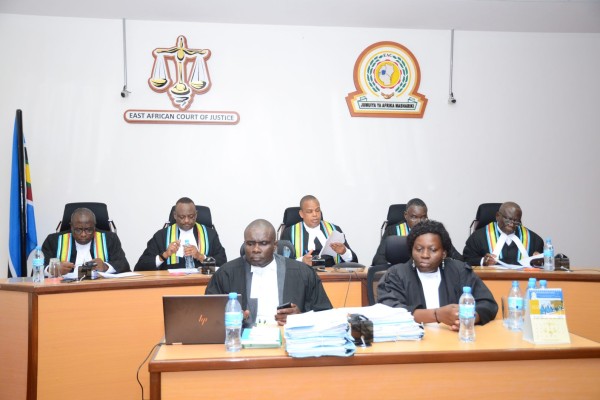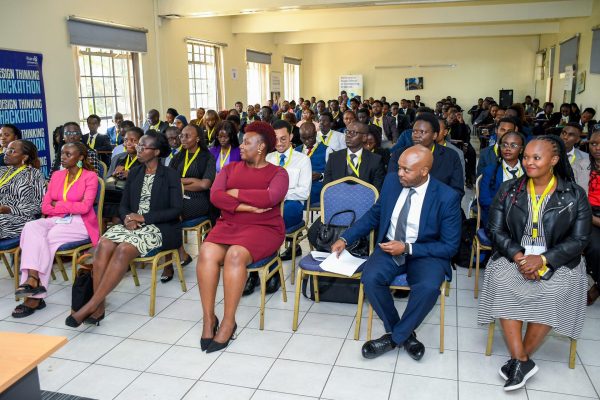Malindi, Kenya :The appeal hearing challenging the decision of the National Environment Tribunal which revoked the Environmental Impact Assessment License of the controversial Lamu coal plant, scheduled for today (06/02/2025 ) at the Malindi Environment and Land Court, has been moved to March 3rd, 2025. Lamu community members continue to contest the project’s lack of public participation and the negative impacts on Lamu’s Pristine Ecosystem.
Hon. Justice Mwangi Njoroge moved the hearing to the 3rd of March following the absence of some documents in the record of appeal in the court file. The appellants, Amu Power, have been directed to serve the court with the missing records within the next seven days.
“The decision to move the hearing is yet another hurdle in our long fight for justice, but it will not deter us. The people of Lamu have spoken — we will not allow our rights, our environment, and our heritage to be sacrificed for short-term gains. Save Lamu, alongside our partners, remains steadfast in seeking justice for our communities. Our struggle continues until every voice is heard and our demands for accountability are met.”
Raya Famau Ahmed- Coal Case Petitioner Save Lamu
The appeal filed by AMU Power stems from the Judgment and Decree of the National Environment Tribunal delivered on 26 June 2019 where the tribunal revoked AMU Power’s EIA licence for the proposed coal plant.
The appeal challenges the NET decision on ten (10) grounds, including the tribunal’s jurisdiction, the adequacy of public participation conducted by the project proponent, the sufficiency of mitigation measures adopted in the EIA report, and the project’s climate impacts.
On 03 March 2025, legal representatives will present their oral arguments before the court.
“This project contradicts Kenya’s climate commitments and places an undue burden on local communities while pushing renewables out of the market; Kenya has sufficient energy supply, and investing in renewables aligns with our development goals.”
Elizabeth Kariuki – Hub Director, Natural Justice
The outcome of this appeal will have far-reaching implications, not only for Kenya’s climate commitments but also for addressing the triple planetary crisis – climate change, biodiversity loss, and pollution.
The first case filed by Save Lamu and other Lamu community members underscored the dangers of coal energy, including toxic air pollution, marine degradation, climate change and economic inefficiencies. It also highlighted how burning coal releases particulate matter linked to asthma, bronchitis, cardiac disease, and cancer. Increased emissions from construction and operations will degrade air quality, posing serious respiratory and cardiovascular health risks to surrounding communities.
Marine ecosystems and fisheries were also addressed in the case where they face contamination, jeopardising Lamu’s economy and biodiversity. The case also stated that plant’s location, requiring extensive infrastructure, extends into fragile ecosystems, endangering biodiversity hotspots and increasing the risk of habitat destruction.
The case further questioned the project’s feasibility, given Kenya’s surplus energy supply and commitments to renewable energy. We urge the Kenyan government to explore less harmful alternatives.
The project’s potential high carbon footprint exacerbates climate vulnerabilities; the case raises broader concerns about fair energy policies, urging Kenya to respect international and national commitments and ensure a level playing field between fossil fuels and renewables.







